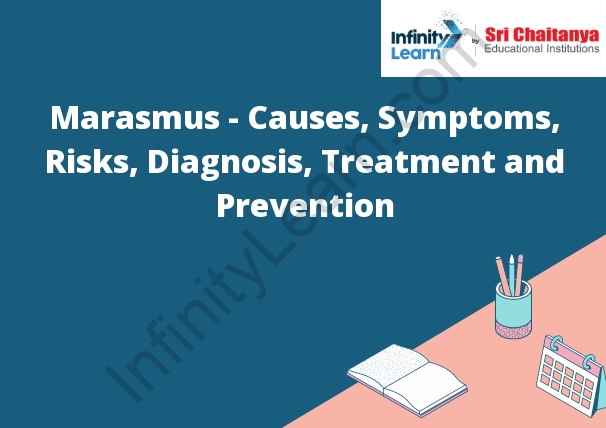Table of Contents
Marasmus
Marasmus – Causes: Marasmus is a serious, life-threatening childhood illness caused by a lack of food and nutrients. It is most common in developing countries where children often do not have access to a balanced diet.
- The main sign of marasmus is severe weight loss. Affected children are also often very thin and their skin may be dry and thin. They may also have a weak pulse and a low body temperature.
- Marasmus is treated by providing the child with a diet that is high in calories and nutrients.

Introduction to Genetics
Genetics is the study of heredity and variation in living organisms. It is the science of genes, their structure, function, and their interactions within and between organisms. Genetics is a branch of biology that deals with the heredity of organisms and with the variation of their traits.
What is Marasmus?
A severe form of malnutrition common in developing countries, marasmus is caused by a lack of protein, calories, and other essential nutrients in the diet. It results in muscle wasting, weight loss, and a weakened immune system. Children who suffer from marasmus are often very thin and have a distended stomach. They may also have a dry, scaly skin, and a thinning of the hair.
Causes of Marasmus
There are many causes of marasmus, but the most common is malnutrition. Malnutrition can be caused by a lack of food, a lack of nutrients in the food, or an inability to absorb the nutrients from the food. Other causes of marasmus include infections, chronic diarrhea, and tumors.
What are the Symptoms of Marasmus?
The symptoms of marasmus include extreme weight loss, muscle wasting, and weakened immunity. The child may also have a distended stomach, thinning hair, and dry skin.
Risks with Marasmus
Marasmus is a serious, life-threatening condition that can occur in infants and young children. It is caused by a lack of energy and protein in the diet, which leads to a depletion of the body’s stores of fat and muscle. This, in turn, can cause a child to become weak and malnourished. Marasmus can lead to a number of health problems, including stunted growth, anemia, and respiratory infections. In severe cases, it can lead to death.
How to Diagnose Marasmus?
The following are the steps to diagnose marasmus:
- A complete medical history is taken, including the child’s diet and eating habits.
- A physical examination is conducted, during which the child’s weight and height are measured.
- Laboratory tests are ordered to check the child’s blood chemistries and complete blood count.
- A stool sample is collected and analyzed for the presence of parasites.
- A chest X-ray is taken to look for evidence of pneumonia.
- A skeletal survey is performed to look for evidence of bone thinning.
Treatment of Marasmus
Treatment of marasmus is aimed at providing the child with the necessary nutrients to reverse the condition. Treatment includes providing the child with food, fluids, and nutrients. If the child is malnourished, the first step is to provide the child with food and fluids. If the child is severely malnourished, the child may need to be hospitalized and given intravenous fluids and nutrients. Once the child’s condition has improved, the child can be treated at home with a balanced diet that includes all the essential nutrients.
Prevention of Marasmus and Kwashiorkor
There are several interventions which can be done to prevent marasmus and kwashiorkor. One is to ensure that children have a balanced and healthy diet. This can be done by providing children with a variety of foods from all the food groups, and by making sure that they are getting enough calories and nutrients. Another intervention is to make sure that children are getting enough fluids, especially during times of illness. Children who are sick need to drink plenty of fluids in order to prevent dehydration. Finally, it is important to make sure that children are getting enough sleep. A lack of sleep can lead to problems with appetite and nutrition.








